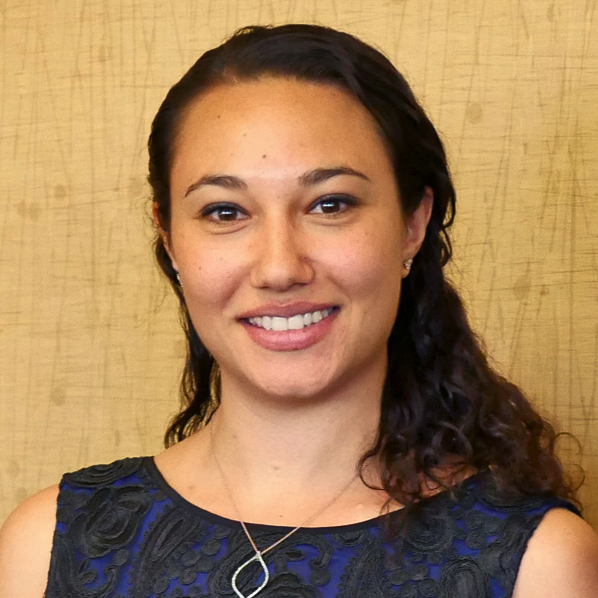 Moustafa, who earned her PhD from Rutgers University in 2017, has been interested in science ever since she was young. Her interest in environmental science was not limited to one particular time or space; she explains that pursing a career as a physical geographer has allowed her to take advantage of the field's wide breadth.
Moustafa, who earned her PhD from Rutgers University in 2017, has been interested in science ever since she was young. Her interest in environmental science was not limited to one particular time or space; she explains that pursing a career as a physical geographer has allowed her to take advantage of the field's wide breadth.
"The interdisciplinary and multi-methodological nature of these disciplines ultimately encouraged me to pursue a graduate degree in Geography that focused on understanding how anthropogenic climate change impacts high-latitude regions, and particularly, the Greenland ice sheet," she says.
Moustafa is thrilled to join IBES for its collaborative potential.
"The institute offers the opportunity to support critical research," she says. "In my case, understanding how the Arctic is responding to atmospheric warming, and its implications to sea level rise—and how this system will impact the natural, human, and social systems."
"Understanding these pressing issues from multiple lenses is now possible from the diverse expertise of my colleagues in the institute," she adds. "I look forward to working with institute scholars to understand and solve some of the world's most pressing environmental issues."